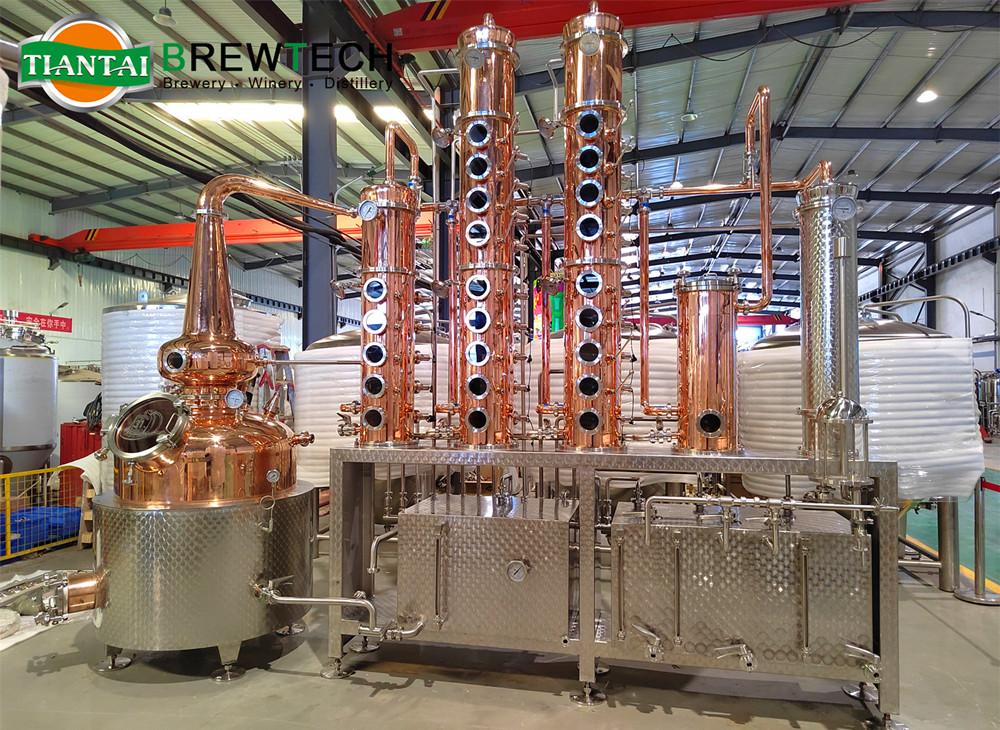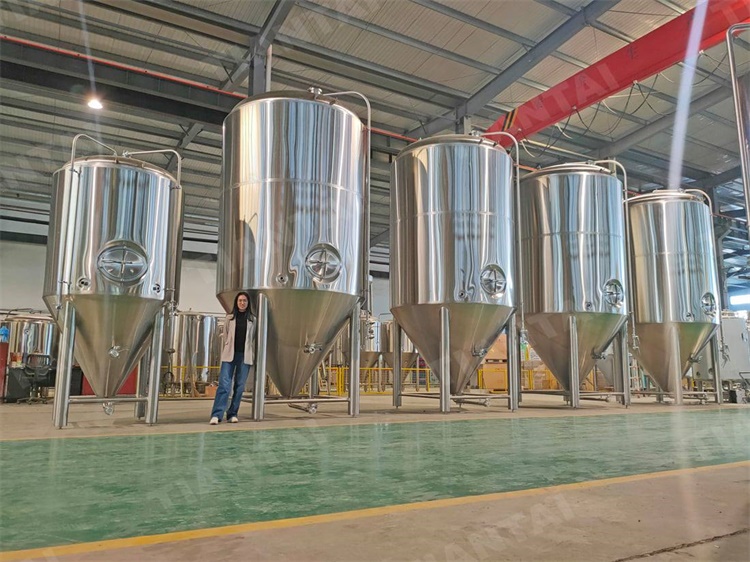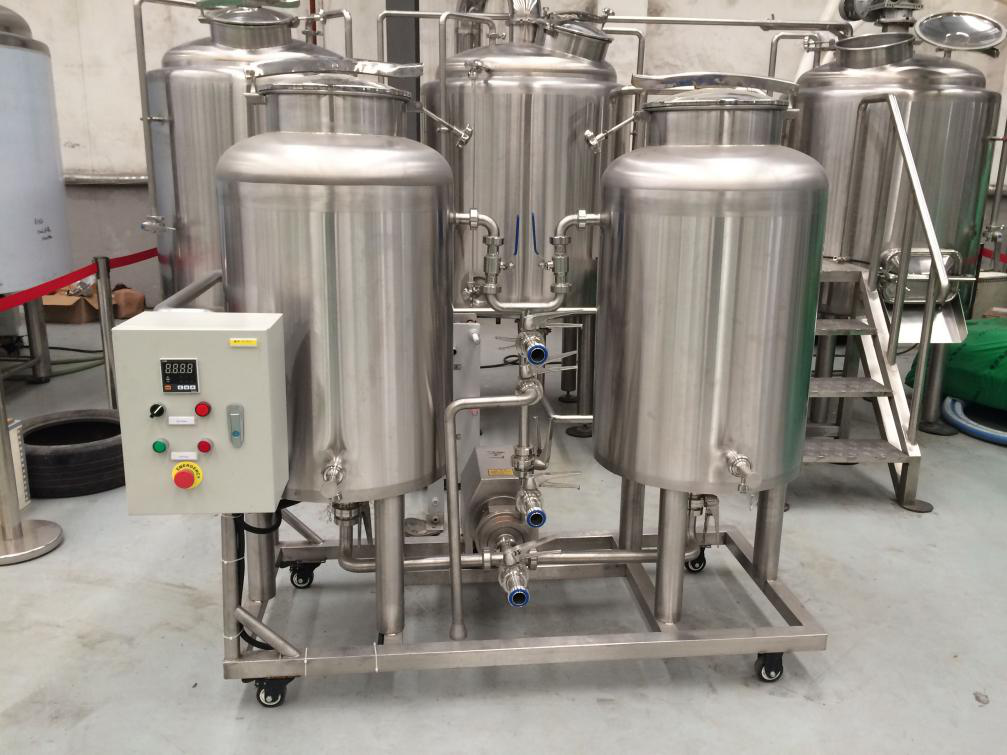
•Research and Business Plan:
Conduct thorough market research to understand the demand for your products and the competitive landscape.
Create a detailed business plan that outlines your distillery's goals, target market, pricing strategy, and financial projections.
•Legal and Regulatory Requirements:
Check federal, state, and local regulations related to distillery operations. You will need permits and licenses, such as a federal Distilled Spirits Plant (DSP) permit from the Alcohol and Tobacco Tax and Trade Bureau (TTB) in the U.S.
Understand the tax implications and reporting requirements for alcohol production and sales.
•Location and Facility:
Choose a suitable location for your distillery, considering factors like proximity to raw materials, accessibility, and zoning regulations.
Design and build a facility that meets safety, environmental, and regulatory standards. This includes equipment, storage, and waste management.
•Equipment and Ingredients:
Invest in the necessary distillation equipment, such as stills, fermenters, and bottling machinery.
Source high-quality ingredients, including grains, fruits, or other raw materials, to create your spirits.
•Recipe and Product Development:
Develop your unique recipes and product offerings. Experiment with various grains, botanicals, or flavors to create distinctive spirits.
Ensure consistent quality and taste through rigorous testing and quality control measures.
•Branding and Packaging:
Create a brand identity, including a name, logo, and label design that reflects the character of your distillery and products.
Choose appropriate packaging, such as bottles and labels, to stand out on the market.
•Distribution and Sales:
Decide on your distribution strategy, whether you'll sell directly to consumers through a tasting room, distribute to liquor stores, or work with distributors.
Develop a sales and marketing plan to promote your products through social media, events, and partnerships.
•Financial Management:
Manage your finances carefully, including budgeting, accounting, and cash flow management.
Secure funding for your distillery through loans, investors, or grants, as it can be a capital-intensive business.
•Quality Control and Compliance:
Implement rigorous quality control procedures to maintain product consistency and safety.
Stay compliant with all local and federal regulations, including record-keeping and reporting requirements.
•Training and Hiring:
Hire skilled staff who are knowledgeable about distillation and can help with production, sales, and operations.
Provide training to ensure your team follows safety and quality protocols.
•Sustainability and Environmental Impact:
Consider sustainable and environmentally responsible practices in your distillery operations, such as waste management and energy efficiency.
•Build Relationships:
Establish relationships with suppliers, distributors, and other industry professionals to support your business growth.
Tiantai company provide complete distillery equipment for whisky, gin, rum, vodka, etc. The capacity can be 100l, 200l, 300l, 400l, 500l, 600l, 800l, 1000l, 1200l, 1500l, 2000l, 2500l, 3000l, 4000l, 5000l, and more.
If you are interested in receiving detailed specifications and pricing information about Tiantai's brewery equipment, please reach out to us.
Contact Information:
Email: [email protected]
Contact Person: Emily Gong



.jpg)


Get In Touch